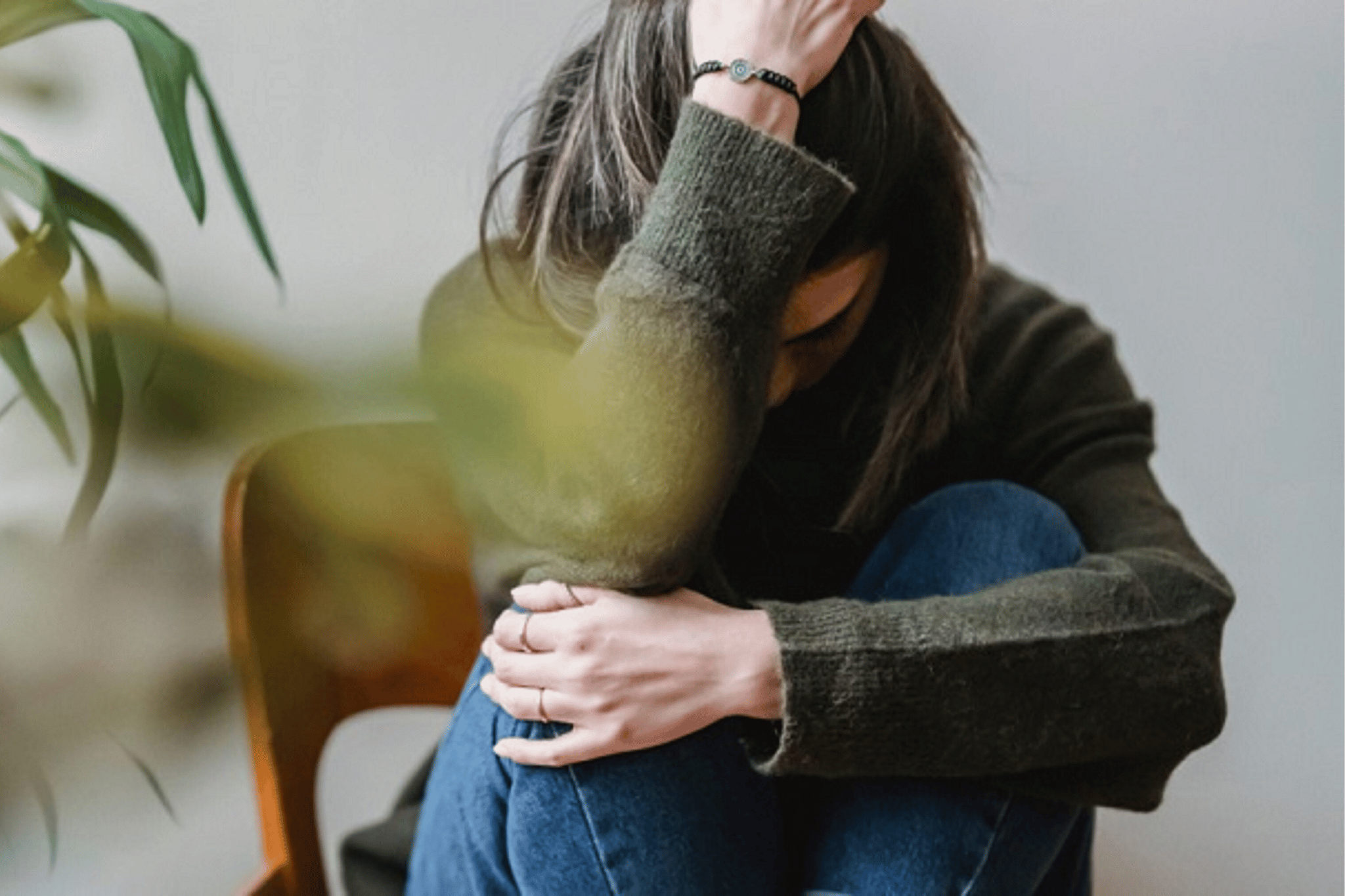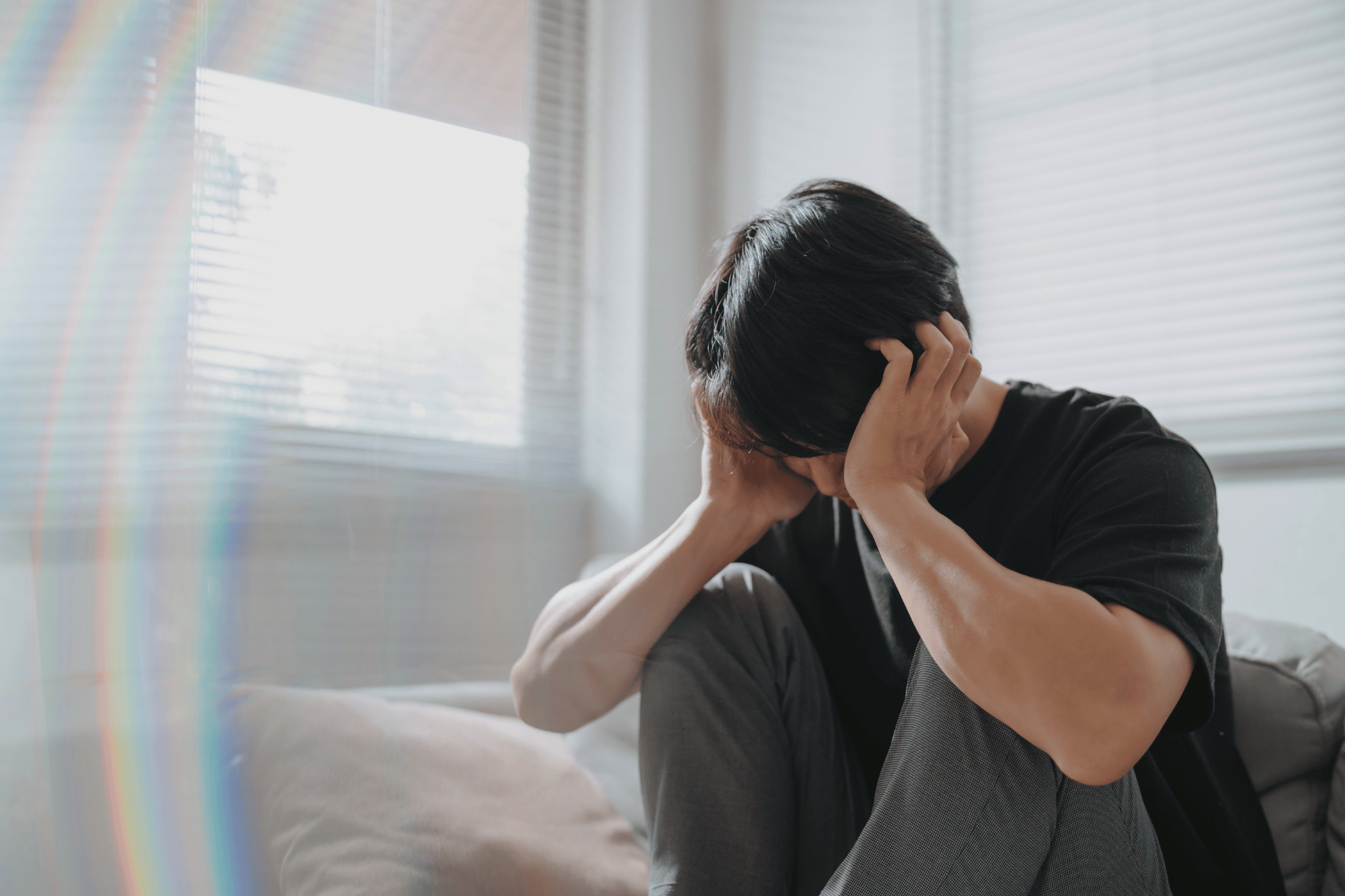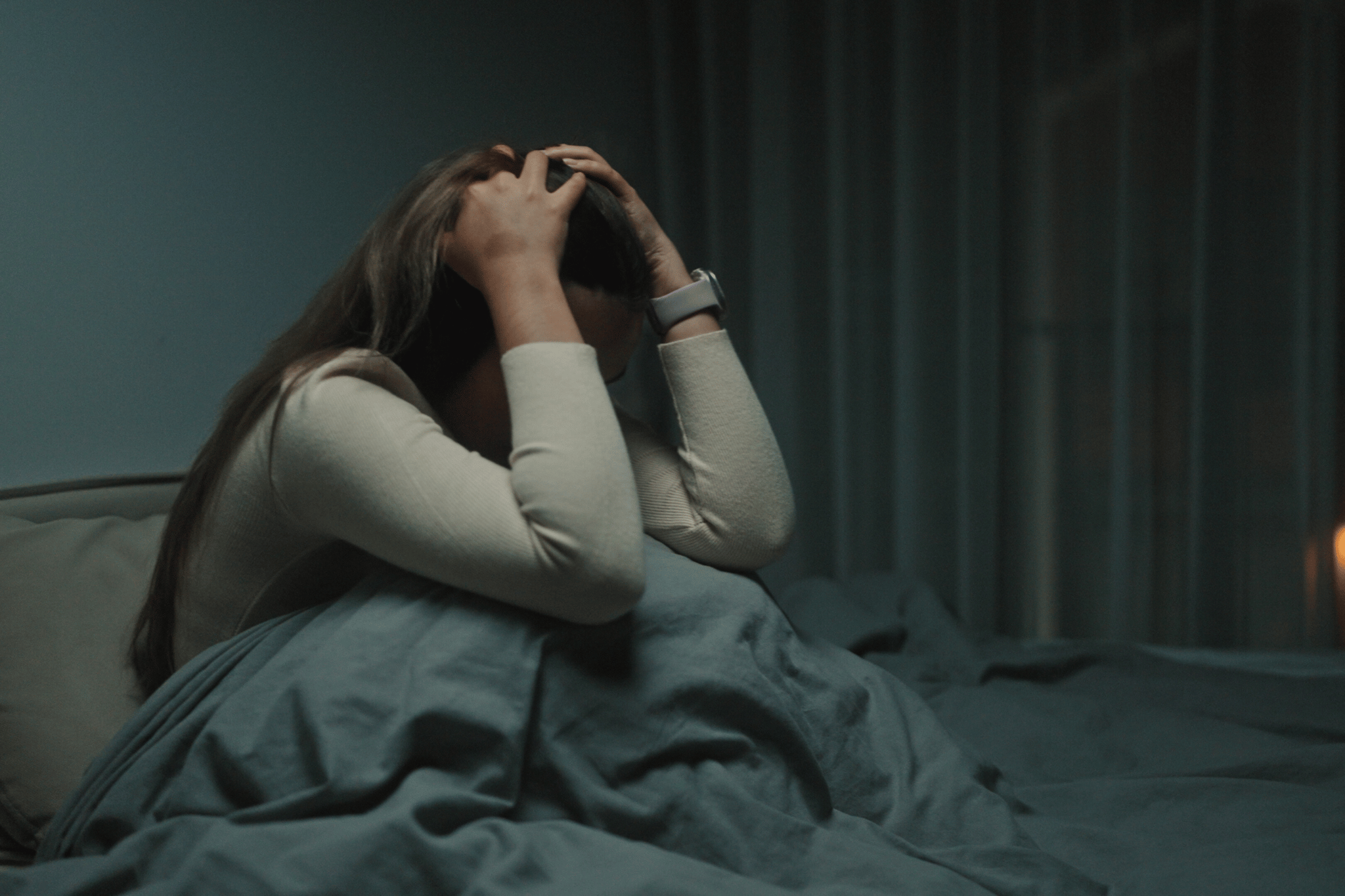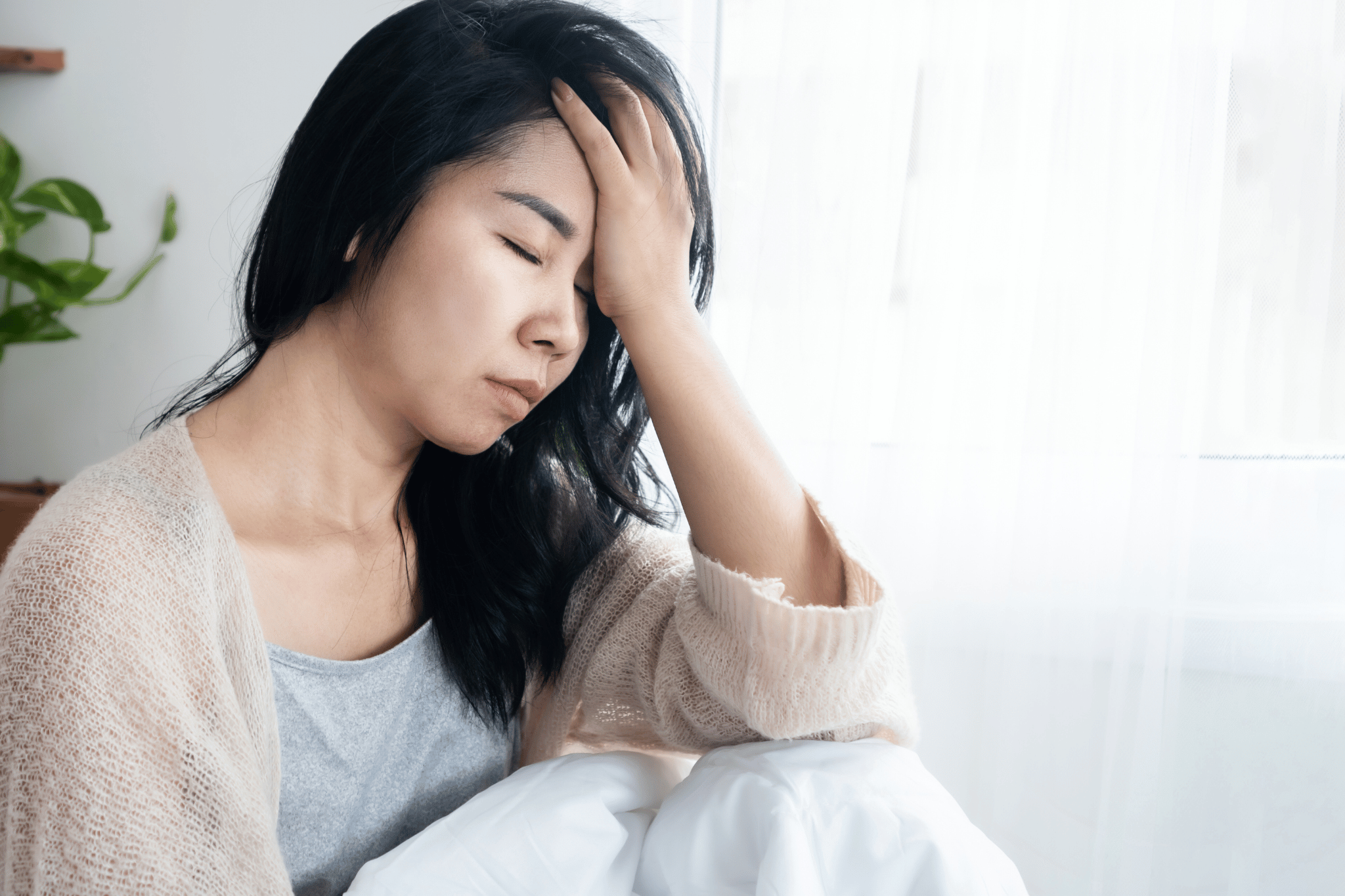Morning Anxiety: What It Is and How to Cope
If you wake up feeling anxious, tense, or already stressed, you might be experiencing morning anxiety. This form of anxiety affects many teens and can make the start of your day feel overwhelming. Learning to understand and manage it can improve your mood, focus, and overall emotional health.
What Is Morning Anxiety?
Morning anxiety is a form of anxiety that starts soon after waking up. It can feel like your body is in panic mode before you’ve even had breakfast. This type of anxiety is often linked to your body’s stress response, triggered by the stress hormone cortisol.
The cortisol awakening response naturally raises cortisol levels in the morning to help your body get moving. But for some teens, this spike leads to anxious feelings and a rapid increase in anxiety symptoms like racing heart, tight chest, or feelings of dread.

Common Symptoms of Morning Anxiety
Understanding the common symptoms can help you identify if you’re dealing with morning anxiety symptoms on a regular basis. These include:
- Racing thoughts or feelings of worry about your day ahead
- Restlessness or muscle tension
- Fatigue even after a full night’s sleep
- Physical symptoms like chest pain, shortness of breath, or a rapid heart rate
- A feeling of dread or loss of appetite
These signs may also be present in Generalized Anxiety Disorder (GAD) or panic disorder. If they occur often or interfere with your daily life, it’s important to talk with a mental health professional.
Causes of Morning Anxiety
High Cortisol Levels
The body releases extra cortisol in the early hours. While this is a natural response to help wake you up, an abundance of cortisol can trigger a cycle of morning anxiety by making you feel alert in an unhelpful way—like you’re ready for danger, not school.
Sleep Disturbances
Poor sleep quality or not getting adequate sleep can raise anxiety levels. Sleep disorders, going to bed on time, and following a regular sleep schedule can all impact how your body handles stress in the morning.
Lifestyle Factors
- Caffeine intake (especially late at night) can increase feelings of anxiety
- Skipping breakfast lowers blood sugar levels, which affects your mood and energy
- Using phones or tablets at night disrupts your sleep cycle and internal clock
- Lack of physical activity reduces the brain’s feel-good hormones
Mental Health Disorders
Teens with anxiety disorders, clinical anxiety, or other mental health conditions may notice symptoms of morning anxiety more often. Persistent anxiety, especially tied to stressful life events, can also make mornings more difficult.

Strategies to Manage Morning Anxiety
Taking steps to reduce morning stress helps improve your sense of stability. Here’s how:
Lifestyle Changes
- Follow a consistent sleep schedule for better quality sleep
- Start a calming bedtime routine to improve your sleep quality
- Eat a healthy breakfast or a breakfast with protein to balance blood glucose and blood pressure
- Reduce screen time before bed to improve your rest
- Stay hydrated with a glass of water first thing in the morning
- Reduce or avoid caffeine usage to keep anxiety low
- Add regular exercise to your routine to ease body tension
Techniques to Reframe Negative Thoughts
- Use deep breathing exercises, progressive muscle relaxation, or mindfulness techniques like morning meditation to slow your breath rate and calm your mind
- Practice cognitive-behavioral therapy (CBT) techniques or journal to reframe feelings of stress
- Identify and challenge avoidant behaviors and excessive worry
- Begin your day with a positive tone or an enjoyable activity to set the mood
Professional Treatment Options
If anxiety is severe or interferes with school and relationships, you may benefit from treatment from a mental health professional.
Psychotherapy
Behavioral therapy and CBT help teens manage the cycle of anxiety by teaching coping strategies and addressing negative thought patterns. Some options include 6-week online therapy services and school-based counseling support.
Medication
When needed, doctors may prescribe selective serotonin reuptake inhibitors (SSRIs) or serotonin-norepinephrine reuptake inhibitors (SNRIs) to help regulate mood and ease anxiety symptoms. These medications target brain chemicals and can support emotional health alongside therapy.
Note: Always consult a health professional before starting or stopping any medication.

Importance of Understanding Morning Anxiety
Recognizing the symptoms of morning anxiety and their causes is key to breaking the cycle. You’re not alone, and this is not just “waking up on the wrong side of the bed.” Anxiety in children involves real changes in the body and brain, from increased cortisol levels to rapid heart rate and muscle tension.
Understanding that morning anxiety is a form of anxiety that can be improved through healthy habits, support, and treatment is the first step to feeling better. Whether it’s performance anxiety, anxiety before bed, or morning panic attacks, support is available. You can abate morning anxiety and reclaim your mornings with time, consistency, and help.
FAQ's
Waking up with feelings of anxiety is often linked to high cortisol levels. Cortisol, also known as the stress hormone, spikes in the early morning as part of your body’s natural response to help you wake up. But for some teens, this rise can trigger anxiety symptoms like a racing heart, tight chest, or feelings of dread. Other causes include poor sleep quality, excess stress, and mental health conditions like Generalized Anxiety Disorder.
Common symptoms of morning anxiety include racing thoughts, restlessness, fatigue, and physical symptoms such as shortness of breath, tense muscles, or a rapid heart rate. Some teens also report loss of appetite, chest pain, or a feeling of dread. If you feel anxious on a regular basis, it could be part of a larger pattern and might be worth discussing with a mental health professional.
Yes. Many teens find relief through lifestyle changes like following a regular sleep schedule, eating a balanced breakfast, staying active with a light exercise routine, and reducing screen time before bed. You can also try relaxation techniques such as deep breathing, progressive muscle relaxation, or morning mindfulness exercises to ease anxiety levels before your day starts.
If your morning anxiety symptoms are severe, last for weeks, or make daily life difficult, it’s important to seek help. A mental health professional can assess whether you’re experiencing clinical anxiety or another mental health disorder, and suggest treatment options. These might include behavioral therapy, Cognitive-Behavioral Therapy (CBT), or medications like SSRIs or SNRIs to help manage symptoms.









